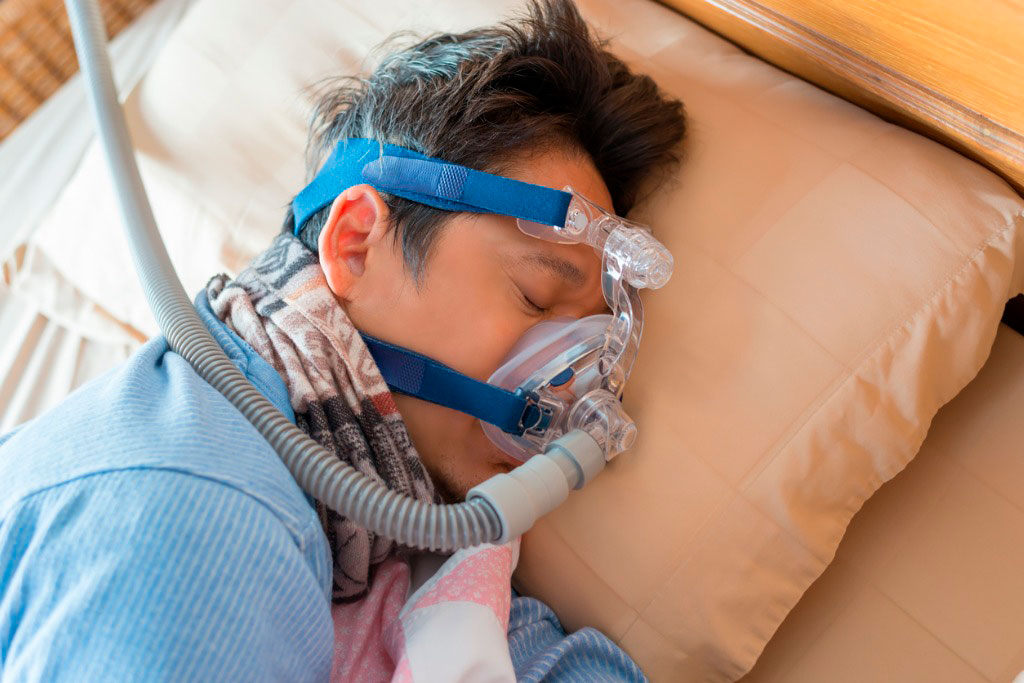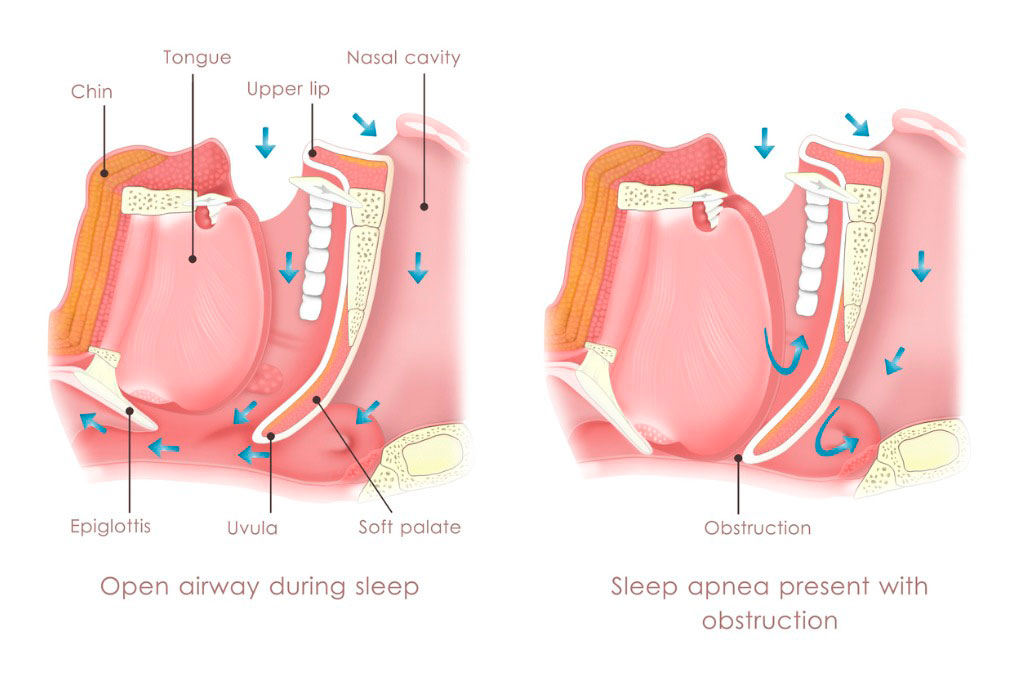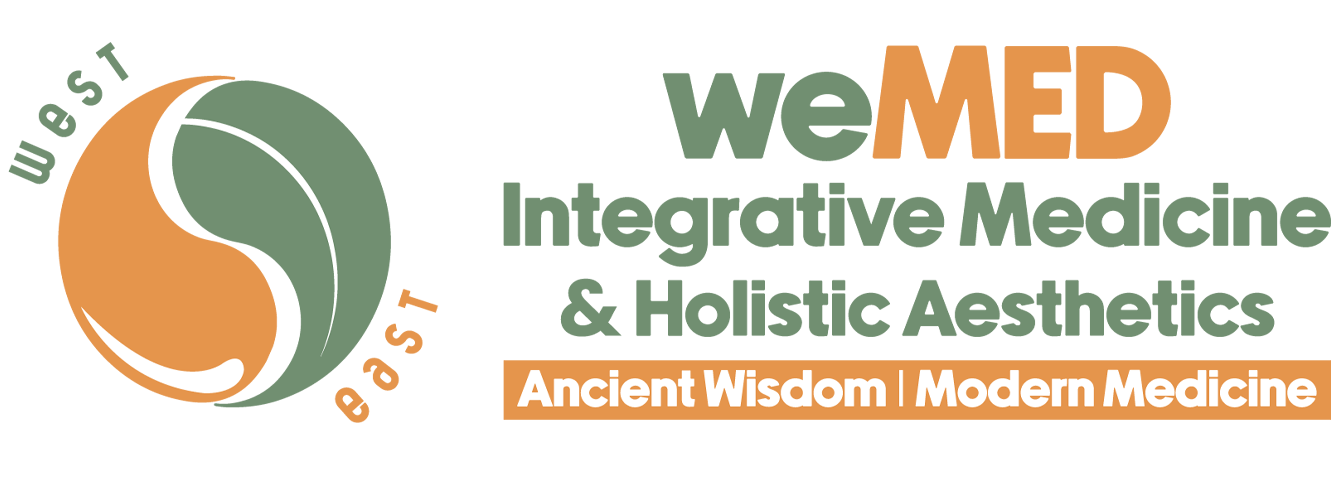Sleep Apnea Treatment
Sleep apnea is a potentially serious sleep disorder in which breathing repeatedly stops and starts. People with sleep apnea have multiple extended pauses in a breath when they sleep. It can affect children and adults and people of both sexes, although it is more common in men.
In general, a person with sleep apnea is not aware of their breathing problems at night. However, they often only find out about the issue from a bed partner, roommate, or family member.
Stem cells have the capabilities to regenerate and repair damaged tissues, clear inflammation, and replace aging cells.

That’s just a sign of very chronic disease and also can increase stroke and heart attack rate. There are two kinds of sleep apnea. Number one is obstructive. It’s because your uvula in the back of your throat is closed up, The second reason is central type sleep apnea. It’s because your brain stops giving signals to your breathing center so you stop breathing. So the first type is very reasonable and easy to treat. The second type will use acupuncture and excess stimulation for the brain and some of the patients actually can help them get rid of sleep apnea.
You gotta understand the cause of sleep apnea and classification. Then once you get good treatment it is possible to get rid of the machine.
Looking to say goodbye to sleep apnea in Houston, TX? Call us at (713) 572-3888
For the majority of sleep apnea patients, we can help them get rid of the machine.
- The Ways to Reduce Snoring
- Change your sleep position
- Lose Weight
- Avoid Alcohol
- Open Nasal Passages. (A hot shower, Nasal strips, humidifier)
- Change Your Pillows (Allergen and height of pillow)
- Stay Well Hydrated
- Throat exercise
weMED Reversed Patient’s Sleep Apnea
1. Lost 14lbs
2. Neck down from 16.5” to 13.5”
3. No more C-pap machines are needed
4. Energy great
Patient Cases
Looking to say goodbye to sleep apnea in Houston, TX? Call us at (713) 572-3888
Complications
Obstructive sleep apnea is considered a serious medical condition and has many consequences. Some pulmonary hypertension, neurocognitive effects, depressed quality of life, motor vehicle accidents, awakening headache, and childhood growth interruption. Is also associated with complications that may include:
1. Daytime fatigue. (Quick-tempered, moody, or depressed.
2. High blood pressure or heart problems. (increase your risk of recurrent heart attack, stroke, and abnormal heartbeats, such as atrial fibrillation and sudden death from an irregular heartbeat).
3. Type 2 diabetes
4. Metabolic Syndrome
5. Complications with medications and surgery
6. Liver problems
7. Sleep-deprived partners
8. Low libido and sex drive

Obstructive Sleep Apnea
- Obstructive sleep apnea occurs caused by pharyngeal collapse during sleep and is characterized by frequent awakenings, disrupted sleep, and consequent excessive daytime sleepiness. Also, when a person’s airway becomes blocked during sleep is considered to be a risk factor.
- Muscles in the back of your throat relax.
- Can repeat itself five to 30 times or more each hour, all night.
- Impairing your ability to reach the deep, restful phases of sleep.

Risk Factors for Obstructive Sleep Apnea
Sleep apnea can lead to sleep deprivation from constant nightly interruptions and shallower overall sleep.
– Excess weight
– Neck circumference
– A narrowed airway
– Being male
– Being older
– Family history
– Use of alcohol, sedatives, or tranquilizers
– Smoking
– Nasal congestion




